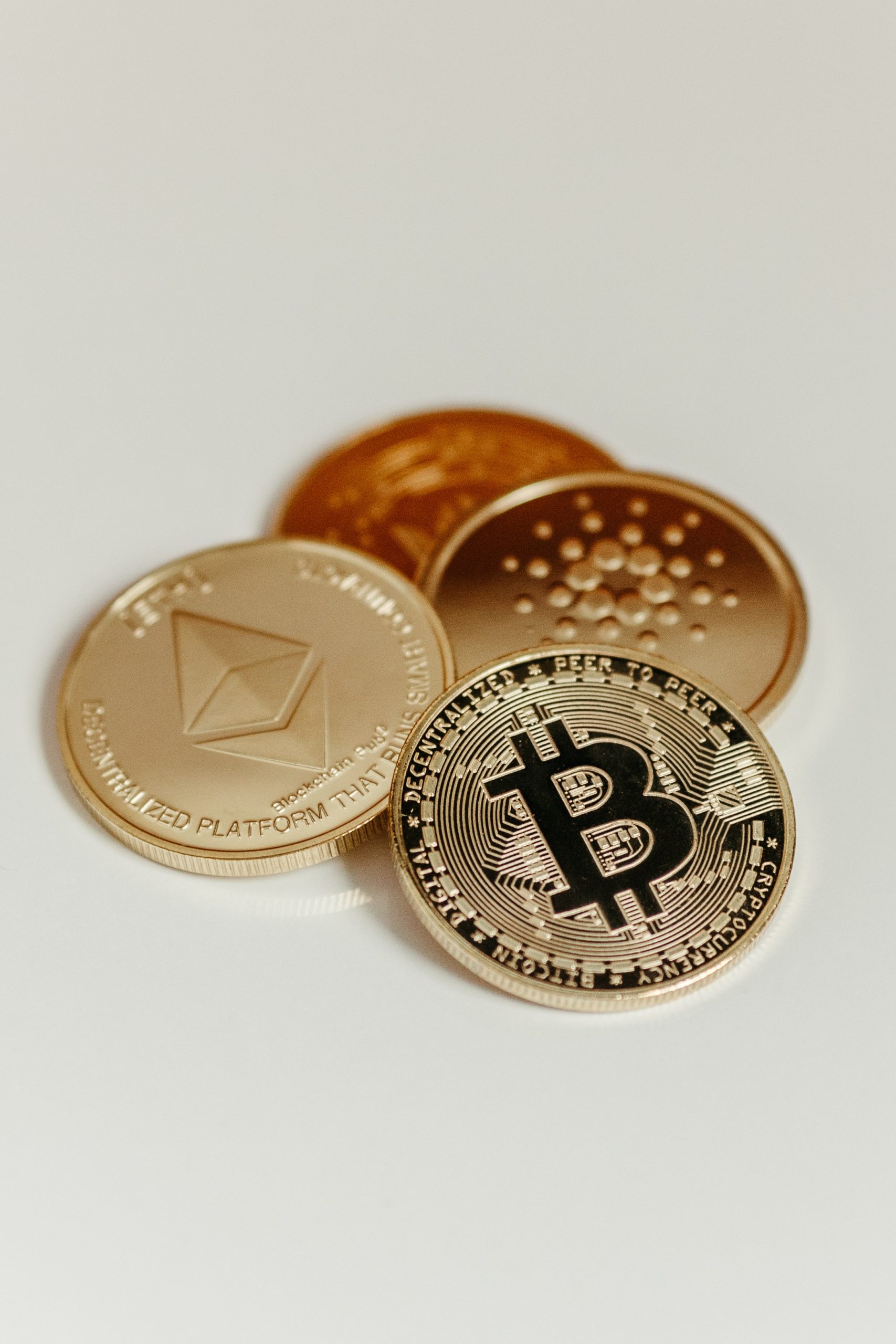In a world where technology is rapidly changing the way we live and conduct business, it’s no surprise that discussions around digital currencies are becoming increasingly prominent. With the UK government exploring the possibility of a digital pound, it’s important to weigh up the potential benefits and drawbacks for consumers. Will it lead to greater financial inclusion, or will it harm privacy? Join us as we delve deeper into the pros and cons of a digital pound in this thought-provoking blog post!
What is a digital pound?
A digital pound is a proposed electronic currency for the United Kingdom. The idea was first mooted by the Bank of England in a research paper published in October 2014, and has since been endorsed by the UK government.
There are several advantages to introducing a digital pound. Firstly, it would make it easier for consumers to make payments using their mobile phones or other digital devices. Secondly, it would allow the Bank of England to more easily monitor and control the money supply, as well as reduce the costs associated with producing and distributing physical banknotes. Finally, it could help to reduce crime, as criminals would find it harder to use cash to launder money or finance illegal activities.
However, there are also some potential disadvantages to introducing a digital pound. For example, it could lead to higher levels of inflation if not managed properly, and could also be vulnerable to cyber-attacks. Additionally, some people may prefer to use cash for privacy reasons or because they do not have access to a bank account or mobile phone.
How would it benefit consumers?
A digital pound would have a number of benefits for consumers. Perhaps most importantly, it would make it easier and cheaper to send money overseas. At the moment, transferring money internationally can be slow and expensive – a digital pound could help to speed up the process and reduce costs.
Another benefit of a digital currency would be that it could help to protect consumers from fraud. In the current system, it is relatively easy for criminals to defraud people – for example, by stealing their credit card details. With a digital currency, each transaction would be recorded on a public ledger, making it much harder for criminals to get away with fraud.
Of course, there are also some potential risks associated with a digital pound. One worry is that if the value of the currency fluctuates too much, it could cause problems for businesses and consumers alike. Another concern is that a digital currency could be hacked – although this is something that central banks and governments would need to work together to prevent.
Overall, there are both benefits and risks associated with a digital pound. It is important to weigh up these pros and cons before deciding whether or not this is something that should be introduced in the UK.
How would it harm consumers?
A digital pound would harm consumers in several ways. First, it would increase the cost of banking for consumers. Second, it would reduce the availability of cash, which would be a major inconvenience for many people. Third, it could lead to higher levels of inflation, as the government would have more control over the money supply. Finally, a digital pound could make it easier for the government to track people’s financial transactions and could be used to collect taxes more efficiently.
The pros and cons of a digital pound
There are pros and cons to any currency, and digital currencies are no different. So, how would a digital pound benefit or harm consumers?
On the plus side, a digital currency could make it easier for people to send money overseas. On the downside, however, there is the potential for fraud and scamming, as well as concerns about the security of digital wallets.
Another advantage of a digital pound is that it could help to reduce inflation. However, this is also a potential drawback, as deflation can lead to financial instability.
There are also environmental considerations to take into account. Digital currencies use less energy than traditional fiat systems, which is good for the planet. However, they still require electricity to function, so there is a carbon footprint associated with them.
Conclusion
The digital pound could be a great step forward for the British economy, with potential benefits ranging from increased security to faster transactions. However, it is essential to make sure that any new system put in place is secure and trustworthy enough for consumers to trust their money with. With careful consideration of both the pros and cons of a digital pound, this new form of currency could potentially revolutionise how we pay for things in Britain. It’s important to remember that while digital payments come with obvious advantages over traditional methods, they can also bring risks which must be addressed by policy makers before anything concrete can happen.




